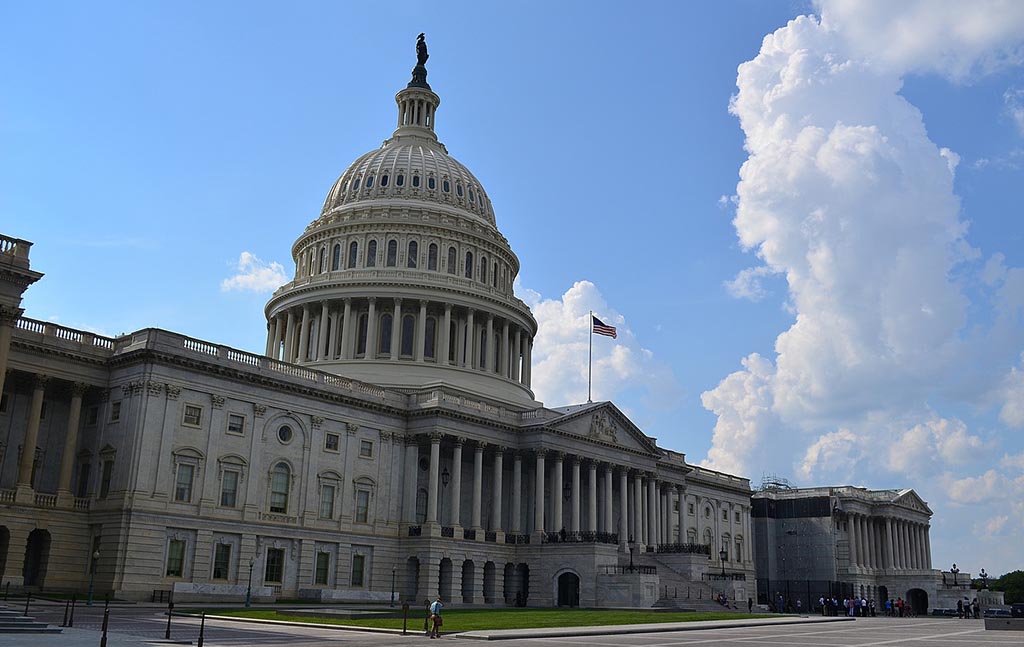
House Republican leaders are warning the FCC not to reopen its inquiry into applying traditional cable operator regulations to streaming services that offer similar offerings online, saying that issue should be left to Congress.
“We write to express concerns about any attempt by the Federal Communications Commission (FCC) to apply 1990s-era laws and regulations to virtual Multichannel Video Programming Distributors (vMVPD),” wrote House Energy & Commerce Committee chair Cathy McMorris Rodgers (R-Wash.) and Communications Subcommittee chair Bob Latta (R-Ohio) in a letter to FCC xchair Jessica Rosenworcel.
Also Read: Cable Operators Say OVDs Are Not MVPDs
The legislators point out that Rosenworcel has previously said she does not think the FCC has the authority to regulate online video providers. “[W]e agree with your previous statements,” they wrote, “and urge you to refrain from taking any actions to reopen this proceeding.”
Some Democrats have been pushing the FCC to revive a decade old effort to regulate OTT.
With the backing of broadcasters, who have been trying to get more money for their online content, including by pushing for an antitrust exemption from Congress to negotiate for aggregated news content, Senate Commerce Committee chair Maria Cantwell (D-Wash.) wrote Rosenworcel asking her to revive that inquiry, focused on good faith negotiation rules related to edge provider aggregation of news content from print and broadcast sources.
A decade ago the FCC wrestled with the issue of how and whether to regulate over-the-top delivery of programming networks but after opening a formal inquiry under then-chair Tom Wheeler and reportedly got as far as working on an item that would define linear online video programming streams as MVPDs, nothing materialized. In that case, the issue was online video provider access to content — MVPDs are subject to program access and carriage rules — and providing an FCC-enforced access to vertically integrated programming to promote competition with traditional video.
Rogers and Latta said that they understood the need to protect access to local broadcasting, so should there be any changes to the regulation of video, Congress should look at reforming the laws “to ensure that broadcast stations, cable and satellite television providers and vMVPDs are able to compete fairly.”







